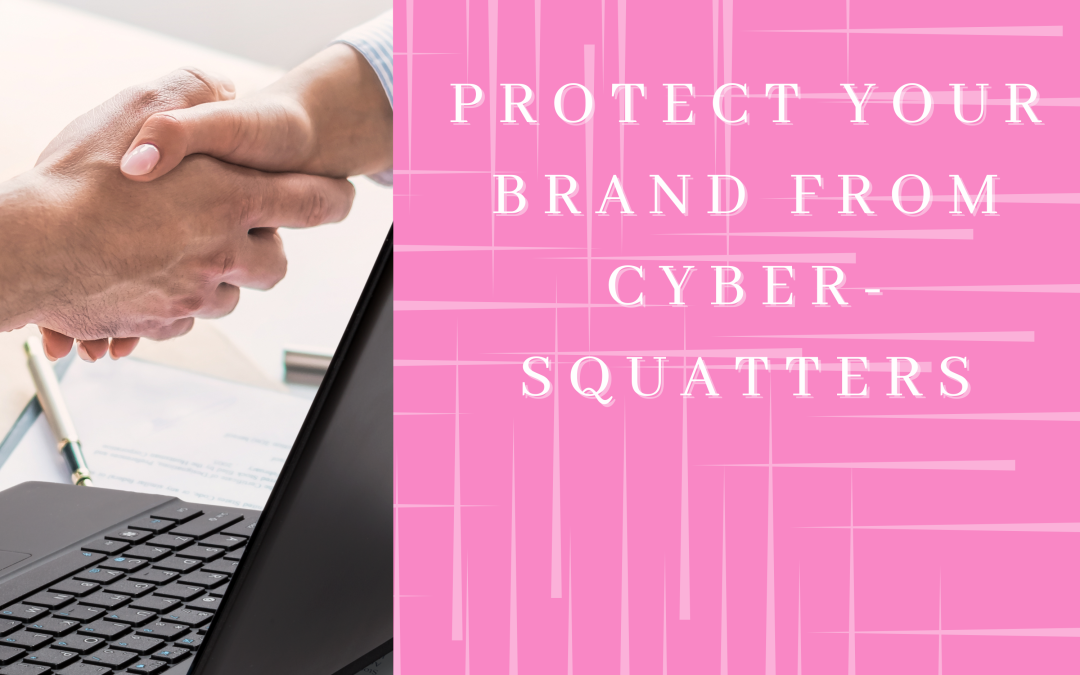Section 25 of the Cybercrimes Act, 2015 describes a Cybersquatter as someone who makes use of a name, business name, trademark, or domain name, registered word or phrase owned by individuals or corporate bodies or any of the three tiers of government on a computer network without authority or right , and for the purpose of interfering with their use by the owner or legitimate prior user.
A Cybersquatter is guilty of cybersquatting if the following is adduced :-
1. Such a person acquired the domain name in bad faith;
2. Such a person has an intention to make profit, mislead, destroy or prevent others from registering the domain name,
3. The acquired domain name is similar or identical to an existing registered domain name or the name of a person other than the owner, or if
4. The domain name was acquired without right or with intellectual Property interests in it.
The consequences of cybersquatting on your company include:
1. You can forfeit your domain name. You will not be able to log into your website as long as your domain name no longer belongs to you.
2. Domain squatting and cybersquatting can damage your online presence. Cybersquatters will tamper with your brand and can redirect your customers to a different site.
3. You can loose your legitimate customers. If your company’s customers become victims of fraud, data theft, or other forms of harm, they will no longer trust your brand.
Ways to protect your domain name from cybersquatters?
1. Renew your domain name as and when due. Do not wait until your domain name expires before you renew it.
2. Monitor for cybersquatting: Ensure that you monitor the registrations of confusingly similar domain names in order to protect your trademark and reduce cyber risk. Also, report cybersquatting, spoofed domains and phishing attempts on your website.
3. Institute a legal action. Section 25 of the Cybercrimes Act, 2015 provides that a Cybersquatter is liable to be punished with imprisonment of a maximum term of two years or a fine of not more than N5,000,000 (five million Naira) or both the fine and imprisonment. Once the crime of Cybersquatting is committed, the complainant should institute an action against the accused.
The complainant would show that he has a registered name, domain name or business name, in respect of the company. And, if the complainant is successful, the court shall order the cybersquatter to relinquish the registered name, mark, trademark, domain name, or other word or phrase to the complainant who would be deemed to be the rightful owner of the domain name.
Now that you have read this post, ensure that you implement the measures discussed above to protect your brand from cybersquatters.
Written By:
Ekundayo Ifedayo
Legal Intern

